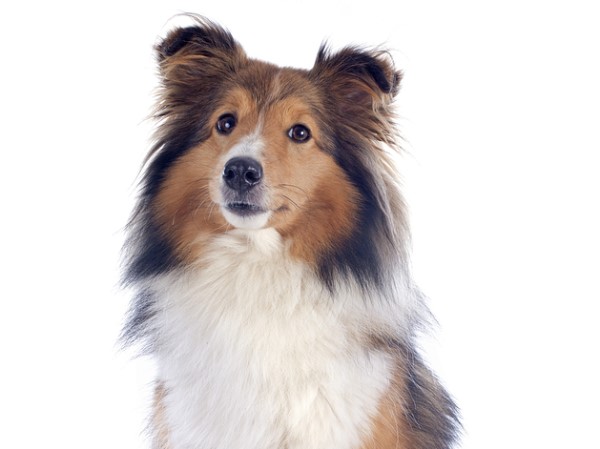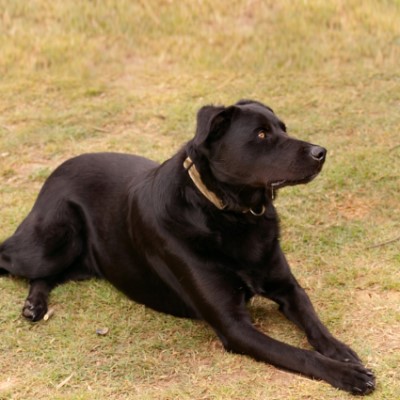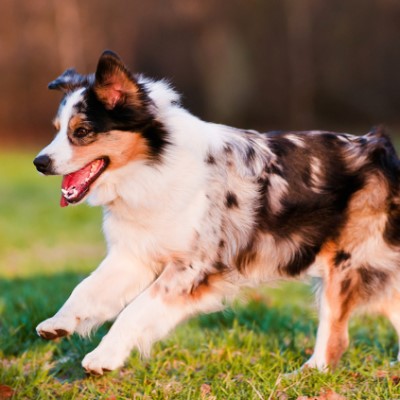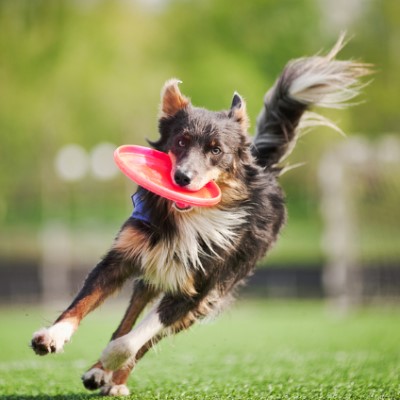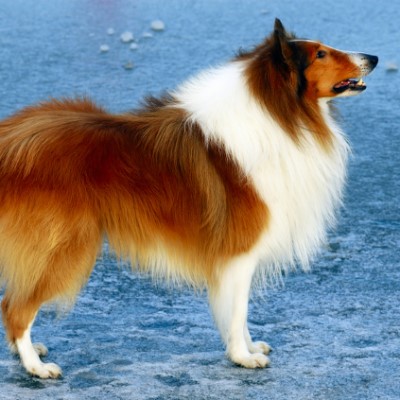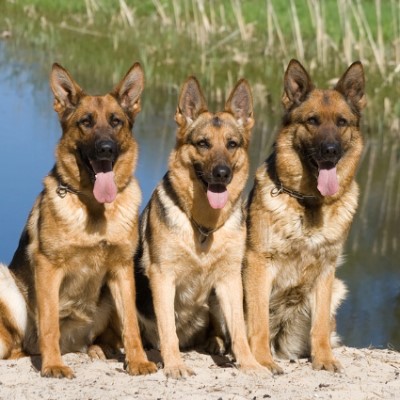Common Reasons for Surrender
In today’s unstable economy, financial hardship is one of the top reasons Shetland Sheep Dogs are surrendered. There are dogs within this breed that develop a regular illness, which increases the financial stress on the family. Shelties are also often surrendered because their elderly owners simply cannot care for them anymore. Younger Shelties often have boundless energy, making them a less-than-ideal match for older people, who may instead want to adopt an older Sheltie.
Pros
Shetland Sheep Dogs are intelligent, obedient, and just want to please their humans. As a result, they learn very quickly, often making training much easier. Shelties typically bark loudly to warn their families of anything out of the ordinary. While the Sheltie makes a good watchdog over her human family, she does not make a good guard dog over your property.
Cons
Because Shelties are so intelligent, you have to keep them busy or they’ll become bored. A bored Sheltie will get into a wide variety of mischief to keep himself occupied, so consistent training is essential.
Diet
Provide your Sheltie with a high quality diet, opting for a dry food, such as Science Diet. Pricey foods aren’t necessary as long as the food you purchase is approved by a federal agency. Because Shelties can and do become overweight when not fed a proper diet, treats should only be offered in moderation. Baby carrots and other fruits and vegetables, particularly green beans, generally tend to be popular with Shelties.
Exercise
A romp around the yard isn’t sufficient to keep your Sheltie well-exercised. Most will simply run around for a little bit then drop to the ground for a nap. Take your Shetland Sheep Dog for at least one walk of between an hour and an hour-and-a-half daily, and make sure to keep him on a leash. Walks are ideal for expending energy and for allowing you to bond with your Sheltie. Some Shelties also enjoy catching a Frisbee or running after a ball.
When your Sheltie lays down for a nap, you’ll know he’s had enough exercise.
Possible Health Issues
An overall healthy and sturdy breed, some Shelties may suffer from thyroid issues.
Housing
Shelties generally do best in a home with a fenced-in yard. Because of their high energy, they may not fare as well in an apartment unless they are exercised sufficiently.
Grooming
To keep your Sheltie’s double coat healthy and shiny, brush it thoroughly at least once a week and do a quick brush through daily. Pay careful attention to your Sheltie’s undercoat. You have to brush out the dead fur or it will mat. Never shave your Sheltie or his fur may never grow back.
Training
The Sheltie is a highly intelligent dog that does well with training when accompanied with positive reinforcement. Often considered a sensitive breed, Shelties generally do not do well with a stern approach. Avoid being too stern or your Sheltie may shut down. When using positive reinforcement, Shelties tend to catch on to new concepts quickly.
Entertainment
Most Shelties will be happy if you play a game of Frisbee or catch with them. Some enjoy agility training. A run around in the backyard shouldn’t be considered sufficient exercise, but it is a good way to keep your Sheltie entertained. After a proper introduction, Shelties typically like other dogs and will enjoy a trip to the dog park.
We want to thank North East Ohio Shetland Sheep Dog Rescue for help with this profile.
